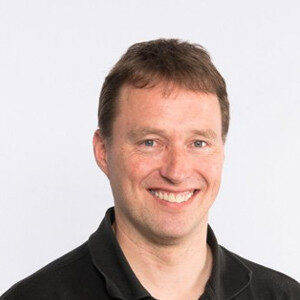
New project researches climate-neutral agriculture in the EU
Agriculture and forestry can play a key role in determining when the EU achieves its goal of climate neutrality. Ruralis is one of 17 institutes in a new international research project that is looking to explain how.
As part of the EU’s Green Deal and in line with the European Climate Act, the EU has set itself a binding goal of achieving climate neutrality by 2050. The land use sector can play a vital role in achieving these goals, as it has greater potential for carbon sequestration than any other sector. It already removes 7 percent of all emissions in the EU.
Ruralis is participating in the project “Land Management for Sustainability” (LAMASUS). As the only Norwegian research institute, they will, among other things, contribute to developing a European database with an overview of the financial support agriculture receives from the state in Norway and the EU.
A new model for agriculture
Ruralis will also help develop scenarios for how changes in policy, such as subsidies, can steer agriculture in a more sustainable direction. The database and scenarios will be used to create national simulation models for agriculture in Europe, says Klaus Mittenzwei, senior researcher at Ruralis and project manager for the Norwegian element of LAMASUS.
The LAMASUS project will offer tools and models to help decision-makers in the EU assess the effects of future land use policy. In addition, LAMASUS will develop a new management model based on dialogue with stakeholders at several levels, from the European Commission, through national and local governments, down to citizens. The project will also develop tools to coordinate agriculture, forestry and climate policy with the aim of ensuring that the EU achieves the goal of climate neutrality.
A pan-European project
The project brings together 17 research institutions from eight EU countries. It builds on established modelling tools used to simulate the effects of climate, agricultural and forestry policies, at local, regional and national level.
The start-up meeting for the project was organized by the International Institute for Applied Systems Analysis (IIASA) and took place from 12-14 October near Vienna. The partners discussed how the project can communicate current issues to decision-makers in the EU and they prepared a road map for LAMASUS’s first year.
See the international press release from the project.
